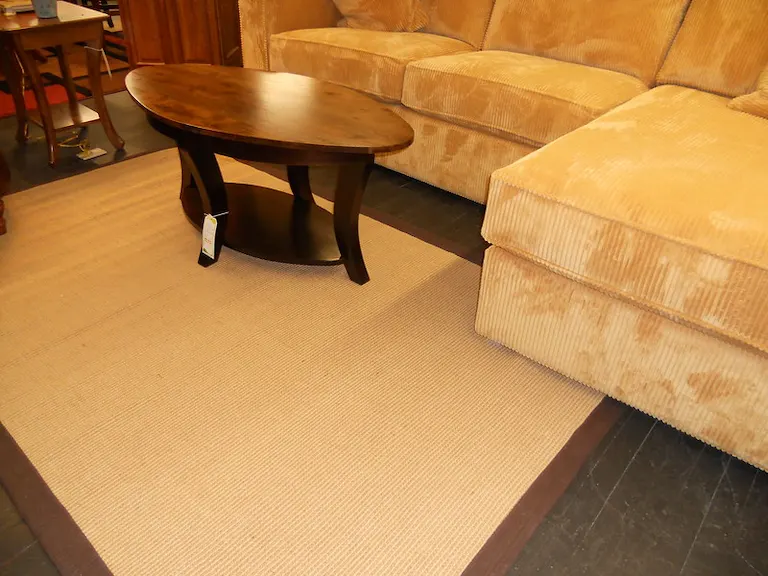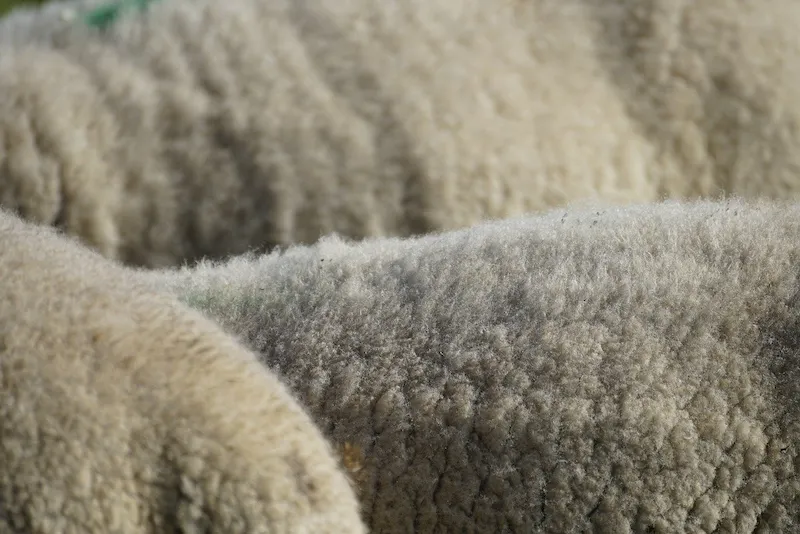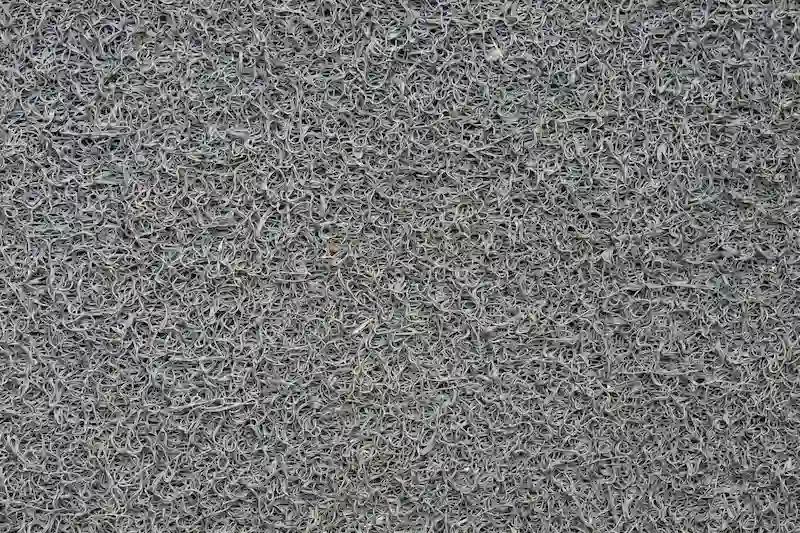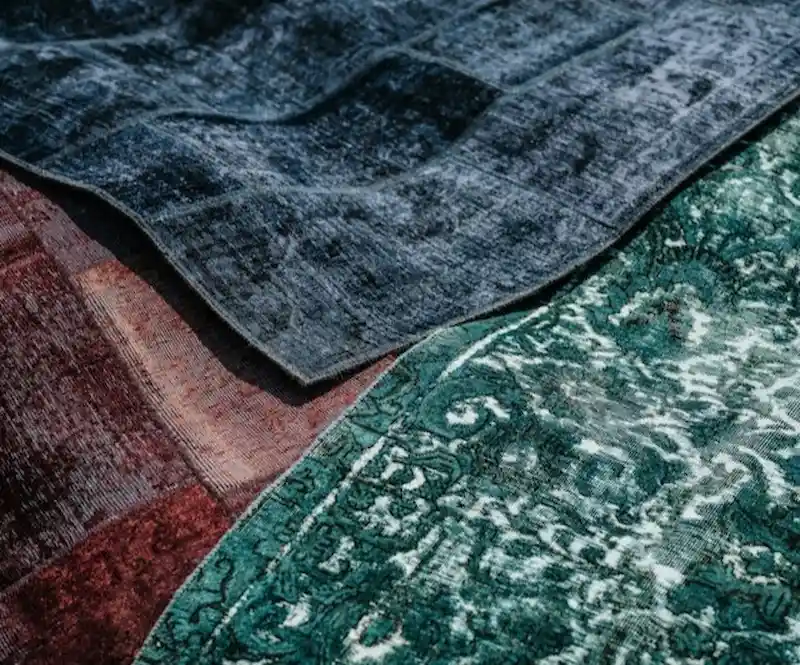With increasing environmental consciousness, consumers are now leaning on products that not only match elegance but also durability along with environmentally friendly attributes. In recent years, the use of sustainable rugs — rugs made from environmentally friendly materials and produced ethically — has gained popularity in modern-day interior design.
This article examines what makes sustainable rugs the hottest trend for 2025, the materials and production processes that differentiate them, and how you can implement them in your home.
Table of Contents
What Are Sustainable Rugs?
Sustainable rugs are produced from eco-friendly materials and crafted through processes designed to minimize environmental impact. They focus on:
Sustainable materials: Organic cotton, jute, wool, bamboo silk, and recycled fibers.
Eco-friendly dyes: Natural or organic dyes that minimize pollution.
Ethical craftsmanship: Often handmade by artisans, supporting fair trade practices.
Why Are Sustainable Rugs So Popular in 2025?
The rising interest in sustainable rugs is fueled by several factors:
Eco-Conscious Consumers
Shoppers are increasingly aware of how their purchases affect the environment. Rugs crafted with eco-friendly materials help minimize waste and support a circular economy.
Durability and Longevity
These rugs are built to last. Durable materials like organic wool and jute ensure their vibrancy and functionality for years.
Design Versatility
Available in a variety of textures, patterns, and colors, sustainable rugs complement any interior style, from modern to bohemian to minimalist.
Eco-Friendly Materials Used in Sustainable Rugs
1. Jute
Biodegradable and sturdy, jute rugs are made from plant fibers. Their natural texture complements rustic or minimalist interiors.

2. Organic Wool
Wool is a renewable and biodegradable material. Organic wool rugs are soft, warm, and exude luxury with their elegant patterns.

3. Recycled Fibers
Some rugs are crafted from recycled plastics or repurposed textiles, giving old materials a second life.

4. Bamboo Silk
An eco-friendly alternative to traditional silk, bamboo silk offers a similar sheen and softness while being more sustainable.

How to Choose the Right Sustainable Rug for Your Home
Understand Your Needs
Choose the room where the rug will be placed. Wool and jute are excellent options for high-traffic areas such as living rooms.
Check Certifications
Look for certifications like Global Organic Textile Standard (GOTS) or Fair Trade to confirm that the rug meets specific sustainability standards.
Consider the Aesthetic
Match the rug’s color and texture with your home’s decor to create a harmonious look.
Caring for Sustainable Rugs
Regular upkeep not only extends the rug’s life but also preserves its quality. Follow these tips:
- Vacuum regularly to remove dirt and debris.
- Avoid harsh chemicals; use mild, eco-friendly detergents for cleaning.
- Rotate the rug periodically to ensure even wear.
- Minimize exposure to direct sunlight to prevent fading.
Why You Should Decorate with Eco-Friendly Rugs
Reduced Carbon Footprint
Option for eco-friendly rugs made from renewable or recycled materials to reduce your environmental impact.
Healthier Living Environment
Sustainable rugs are often free of toxic chemicals, promoting better indoor air quality.
Supporting Artisans
Many eco-friendly rugs are handmade, offering fair wages to artisans and preserving traditional weaving practices.
Where to Buy Sustainable Rugs in 2025
If you’re seeking eco-friendly rugs, consider these reputable brands:
Rug Artisan: Custom, fair-trade rugs crafted with organic materials.
West Elm: Offers a variety of sustainable designs, many certified as Fair Trade.
Eco Rugs Co.: Specializes in rugs made from recycled and biodegradable materials.
FAQs About Sustainable Rugs
Q1. How Much Do Sustainable Rugs Cost Compared to Regular Rugs?
Yes, but the price reflects the quality of materials, ethical practices, and durability. Think of it as a long-term investment.
Q2. Can sustainable rugs come in a variety of sizes and styles?
Absolutely! Eco-friendly options are available in numerous designs, from area rugs to runners, to suit every space.
Q3. How can you tell if a rug is genuinely sustainable?
Look for certifications such as GOTS or OEKO-TEX and research the brand’s manufacturing practices and materials.
Conclusion
As we step into 2025, sustainable rugs are no longer a niche choice—they represent a blend of style and responsibility. By incorporating them into your home, you not only enhance your decor with beautiful designs but also support a healthier planet. Choose to embrace sustainability and timeless beauty in your home.



